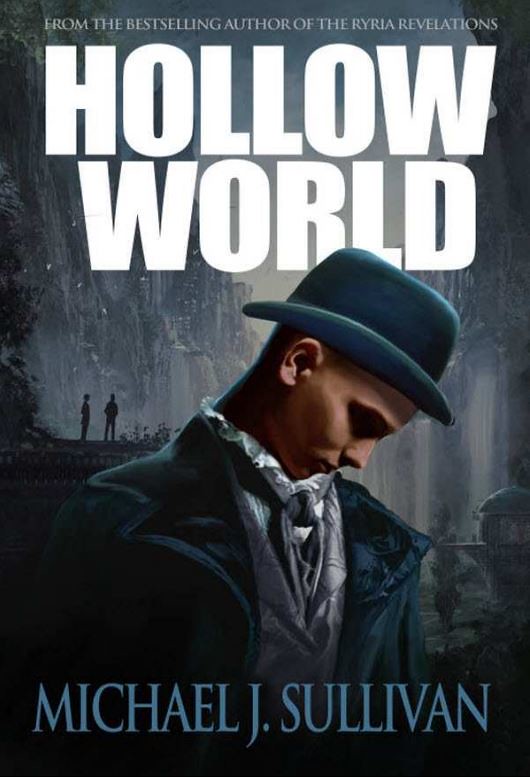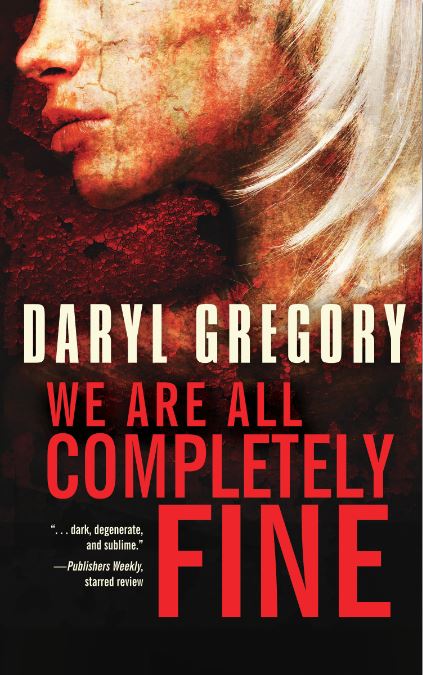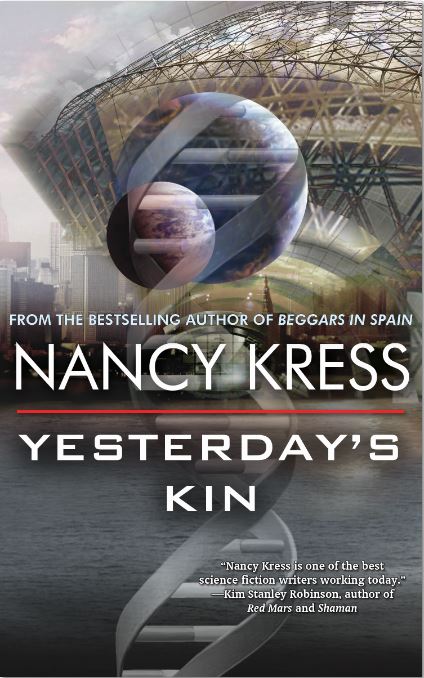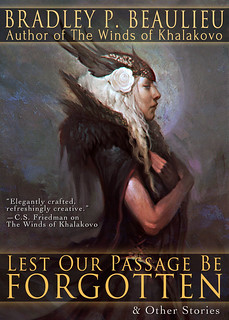On April 2, 2013, I contacted author Alastair Reynolds via email (I live in California, Al resides in the U.K.): I mentioned Tachyon Publications and that I had personally worked on some of the press's recent award-winning novellas (Nancy Kress's After the Fall, Before the Fall, During the Fall and Brandon Sanderson's The Emperor's Soul). I knew that Al was in the middle of a trilogy of novels, but I also knew that in between novels he enjoyed writing short fiction (to cleanse the palate, as it were). So, I told him that should he find the time and inspiration to write a stand-alone novella, to please keep me and Tachyon Publications in mind.
Al responded the very next day, stating that he was about 20,000 words into a new novella that as yet had no home. Al also told me that he had not set himself any deadline for the completion of the novella, but when he did complete the story he would be sure to let me see it.
The rest, as they say, is history.
My comp copies of Slow Bullets arrived this past week. As I said, this project officially began on April 2, 2013, with that email to Al Reynolds -- and to finally hold the published book in hand provides me (and I'm sure Al himself and the folks at Tachyon Pubs) with a great sense of completion, of accomplishment.
arrived this past week. As I said, this project officially began on April 2, 2013, with that email to Al Reynolds -- and to finally hold the published book in hand provides me (and I'm sure Al himself and the folks at Tachyon Pubs) with a great sense of completion, of accomplishment.
You can read the details of how Slow Bullets came to be in my February 9, 2015, blog post entitled "Editing in Process...Slow Bullets by Alastair Reynolds." If you would like to request an ebook review copy of Slow Bullets, please read my March 16 blog post.
Here are a pair of blurbs for Slow Bullets from a pair of Michaels, just to whet your appetite:
Slow Bullets is classic science fiction, a space opera, a puzzle story, a character study, visionary science fiction, and a prayer for peace. I see no reason why you should not love it.
~ Michael Swanwick
Alastair Reynolds' new novella Slow Bullets has the scope of a much longer work (Edward Gibbon's The Decline and Fall of the Roman Empire, say), the literary speed of the most rapidly hurtling bullet, and so many provocative scientific and/or philosophical ideas that even Stephen Hawking’s head might well spin with them. Moreover, Reynolds artfully compresses all these disparate elements into a portable trade paperback or a weightless e-file, the better to accommodate our busy reading habits and the more fully to entertain us.Let me also note that Slow Bullets posits a far-future situation akin to the one that we confront on planet Earth today, but leavens this fictional crisis with a hard-won grasp of human psychology and a down-to-the-ground optimism that bestows on its readers reasons for supposing our "damned human race" nimble enough to overcome our demanding real-world crisis du jour. A fine example of the true science fictionist's art..."with a bullet," as the editors at Billboard Magazine used to say.
~ Michael Bishop








